When I was 17, I got my first car, a Nissan Juke. It was navy blue, had a custom sound system (from the previous owner), and blacked-out windows at the back (also the previous owner’s). I must have driven well over the 100,000 miles most cars reach before they start to cost more to maintain than they would to turn into a cube, but that car and I lived through so much in the years I ran it into the ground. From driving the length of the UK and driving across Cotswolds farms to ramming a lorry and coming out with only a minor bump and squeezing in my entire life for two house moves, I experienced so much within its cramped confines.
That’s what Pacific Drive feels like.
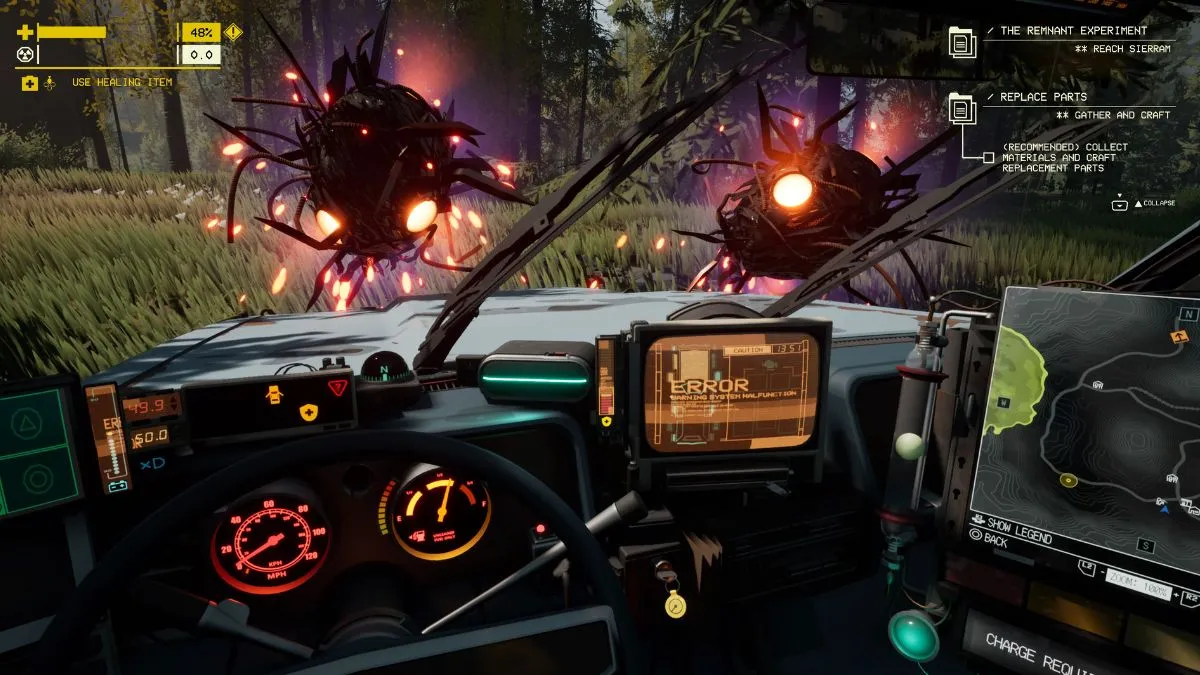
When players first launch Pacific Drive, they’ll find themselves driving gently down a tarmac road without a care in the world. This is what I thought the game was about. Exploring and collecting items to upgrade the car being driven, but I was so wrong.
After a short introduction that sees players getting sucked into bright lights and almost scorched to death by the air itself, the true gameplay loop reveals itself. Players have become trapped in the Olympic Exclusion Zone with only a car, and voices on the radio keep calling it a Remnant for company.
From here, players need to explore various junctions around the Olympic Exclusion Zone so they can upgrade a mad scientist’s garage in the hope of finding a way out. They’ll come for the driving, but get lost in the thick atmosphere and the way the game makes them feel.
Learn Your Routes
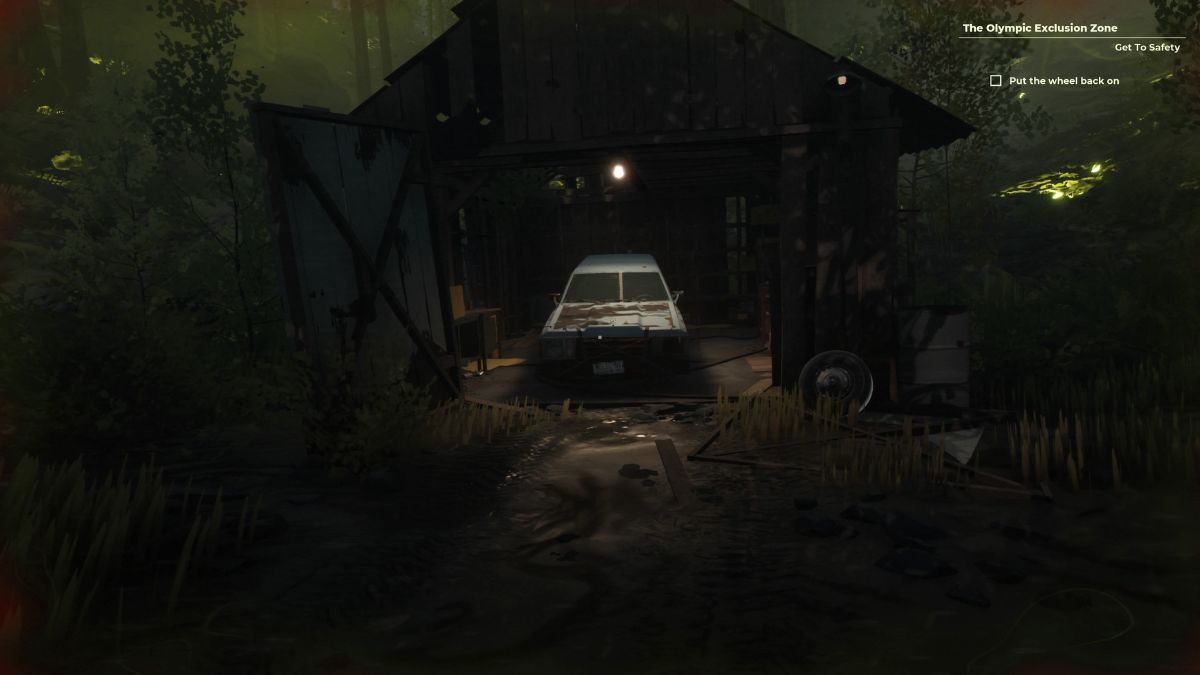
Exploration in Pacific Drive revolves around two things. Car maintenance and discovering new routes. Players must head out from the garage to visit junctions, sandbox locations they can explore, collect unstable energy, and then trigger an exit portal that simultaneously summons a horrific energy storm that will melt them if they don’t rush to the portal in time.
While in a junction, players can find loot in the furniture left in houses or cars scattered around the small open worlds. Players will unlock a new junction once they’ve successfully escaped the previous one, slowly building out their map until they can see and travel vast routes with multiple junctions to explore along the way.
The beauty of this system is explained through the Olympic Exclusion Zone itself. The anomalous energy that makes it so dangerous changes matter, so each junction changes every time the player revisits it. This also justifies the existence of random furniture and the oddly horrifying Anomalies within each one. Anomalies are what could be called the inhabitants or creatures that live within this world, but they’re just as much a part of it with a symbiotic relationship.
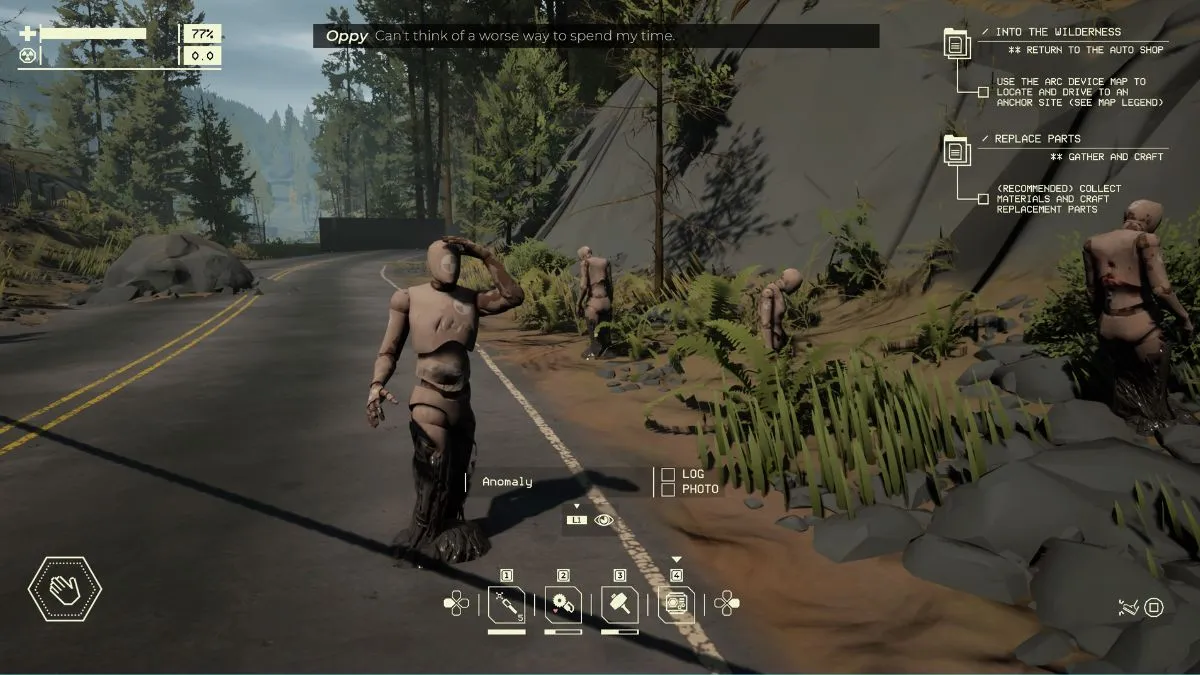
I’m a sucker for a good survival game with decent loot mechanics, and Pacific Drive has everything a fan could possibly need. The one thing that lets it down is the grind to unlock crafting recipes and better parts for the car. This takes up a big part of the early game and is only highlighted because traveling through junctions and grabbing loot from one location before emptying it into the car and driving to the next is so efficient and easy. It’s hardly a complaint because looting should be easy and fun, but it’s something that wore me down a bit in my first ten hours.
That one downside melted away once I got close to the mid-point of the game’s story. Things pick up fast with more interesting locations, longer journeys, and new resources to gather. This is where the game became, for me at least, an excuse to block out the world and just drive.
Watch, Listen, Drive
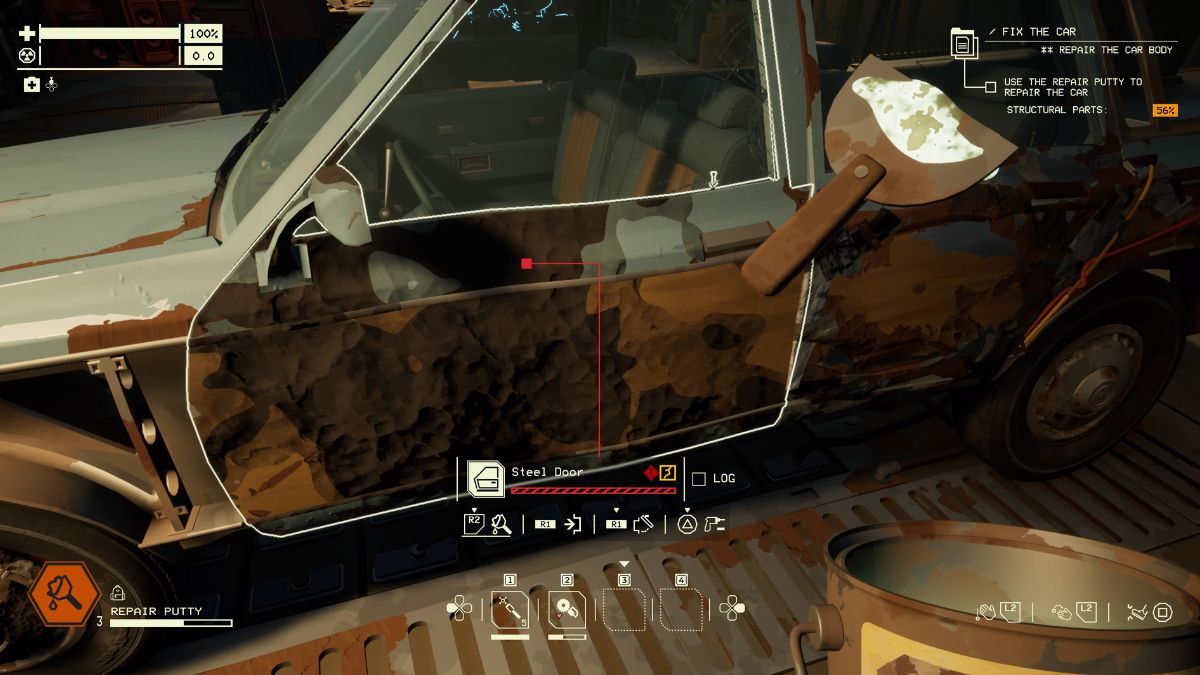
The story of Pacific Drive is a fantastic reason to keep playing. It got me through the necessary grind of discovering specific paths and needing to go on loot runs to repair and upgrade my car, and it’s incredibly well done. The voice acting is top notch and brings the characters to life in a way few games manage, giving me a reason to return.
The game goes way harder on the world building than it needs to, though, and that’s the part of its story that I adore. There are notes to find in every junction and hundreds of logbook entries to pour over by scanning every machine, building, Anomaly, and blade of grass.
One journal entry that completely changed Pacific Drive for me described the Olympic Exclusion Zone as a siphonophore. Those are the massive long tubes divers find out at sea. They’re made up of billions of tiny creatures all working towards a common goal. It made me look at the game in a completely new way, as if I were an alien in this organism, uncovering the secrets of its inner workings while it’s simply trying to exist, and would continue to exist without me.
The writers didn’t need to put that earth-shattering tidbit in the game. They could have left it up to the player’s imagination, but they consistently give us just enough to make sound assumptions that ascend the game to a level it may never have achieved without them. This includes item descriptions, which someone clearly had a lot of fun with.
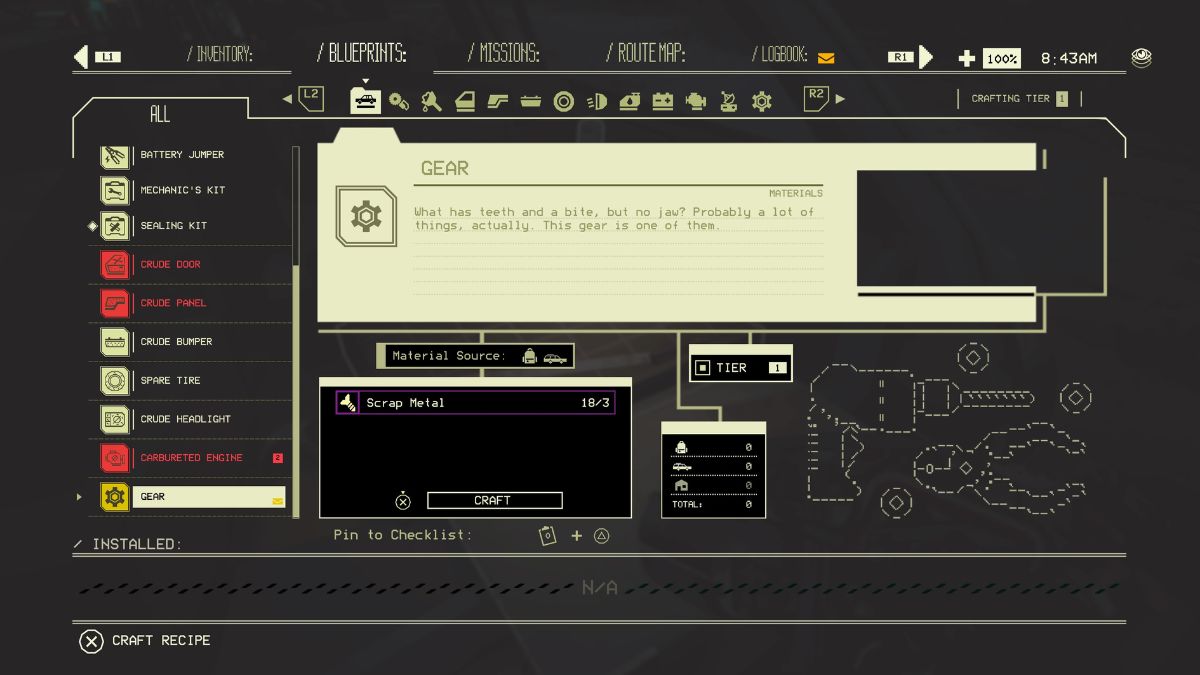
When something as mundane as duct tape can be transformed into a revered and somewhat deadly resource by nothing but words, it’s clear love and care were put into every facet of the media, making you feel that way.
I’d go as far as saying Pacific Drive can be seen as a tool for creating personal stories. For me, I had a moment of profound silence that made me feel so small in our massive universe after walking out of a building, having looted everything not nailed down, only to be met with thick fog. I stopped, stunned by the overwhelming sense of absolutely nothing. It was eerie and beautiful all at once.
Another fantastic moment came just after I’d reached the game’s second main area. I parked my car on the edge of a road and stood on top of it, watching the sunrise. It felt like I’d conquered some sort of monster, even though all I’d done was drive further than ever before.
Somehow, all Pacific Drive’s elements, from gameplay and the systems within to the lighting, environmental design, music, and ambient sound to create something so surprisingly special that it makes you want to shout for joy and cry all at once.
It’s Not About the Destination
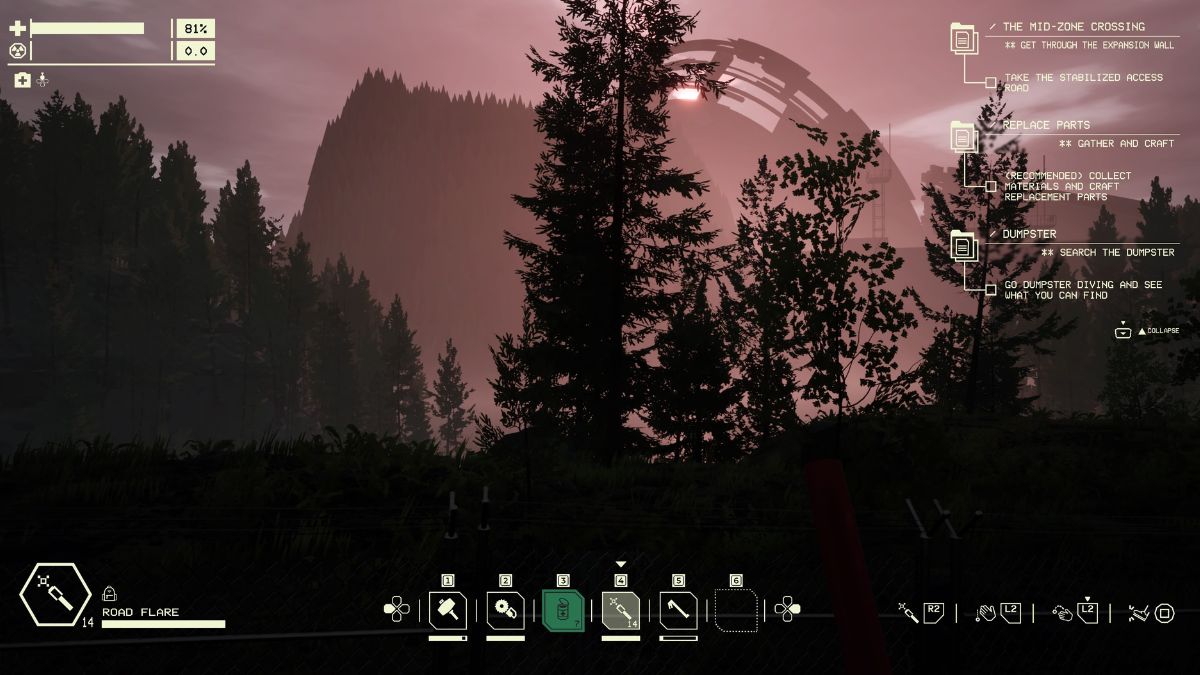
As players progress in Pacific Drive, they need to maintain their car and upgrade its various existing parts, while adding a few new ones, so they can cope with the increasingly dangerous environment in the Olympic Exclusion Zone.
The great gameplay loop makes this endlessly enjoyable. I regularly spent hours exploring several junctions until I’d picked them clean and completely filled my car and backpack with resources before heading back to the garage. Then, I’d research upgrades, craft as many as I could, and head out to see how the car handled with them. Even at midnight, I was amped to get out and see what my turbine battery charger, side-mounted lights, and additional armor would do to make my journey easier and help me avoid the Anomalies that wanted to rip it apart.
The car, a Remnant Anomaly, and therefore part of this strange world, is linked to the player, and I couldn’t help but make a real life connection with it. On one unfortunate journey, my character died, but the car dragged me back to the garage so we could push on. After that, I swore I’d never let anything destroy it.
A meter on the dashboard, which can be customized with all kinds of car that like bobbleheads, steering wheels, and necklaces hanging from the rearview mirror, displays the car’s overall health. It’s easy to se which parts need repairing, so I’d stop when things got too bad and fix it up. But the game world doesn’t make it easy, and that’s where the crazy adventures occur.
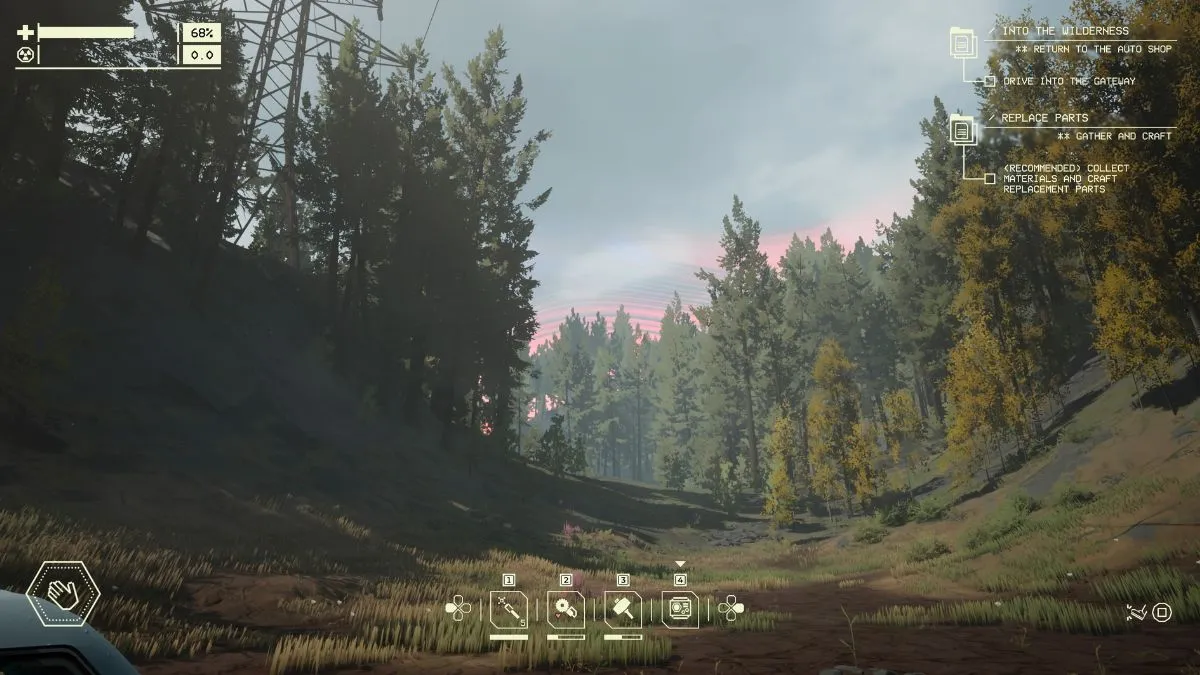
At one point, I was on the final junction of an eight-junction drive, and my car was on its last legs. I was chasing an objective and so hadn’t gathered any resources to make the repair putty needed to fix up the various parts, and my battery was on its last cell. I thought it was fine, I’d hit the objective and repair the car then after exploring on foot.
Little did I know that the objective activated an exit portal, and I had to drive like my heavily pregnant wife was having contractions in the back seat, and the bright portal to the sky was the hospital where my unborn child would be brought into the world. I threw the car over hills and skimmed past trees at the last second, going way too fast. But I made it, and it was awesome. As my car barely made it through the garage doors without falling to pieces, it shuddered and felt as if it collapsed when I turned off the engine. I collapsed emotionally alongside it and had to remind myself that it’s just a car, when really, I knew that feeling all too well.
Pacific Drive is the epitome of a roadtrip simulator. The sci-fi story is the journey. It’s all mapped out in front of players, they just have to follow it. The survival crafting elements are the quirks of the car that rear their heads at various points, carving memorable moments, sometimes literally, into the paintwork. The destination is a full stop that everyone’s desperate to reach before they set out, and dreads when they set out on the final leg of the trip because they know it’s all about to come to an end.
There’s no combat in the game, so to speak, but there is conflict. Players work to make their way through a world that’s desperate to stop them. Every Anomaly is an enemy to the car, not the player. Spiked puddles try to burst tires, strange UFOs throw it into trees, some even steal doors, and colossal barnacles spew acid at it, all trying to put an end to the greatest drive in the player character’s lifetime.
By the end of Pacific Drive, players will have an unbelievable and slightly unenviable tale to tell their friends that no one will be able to replicate. Everyone’s journey is different, unique to them, and so incredibly special.
The Verdict
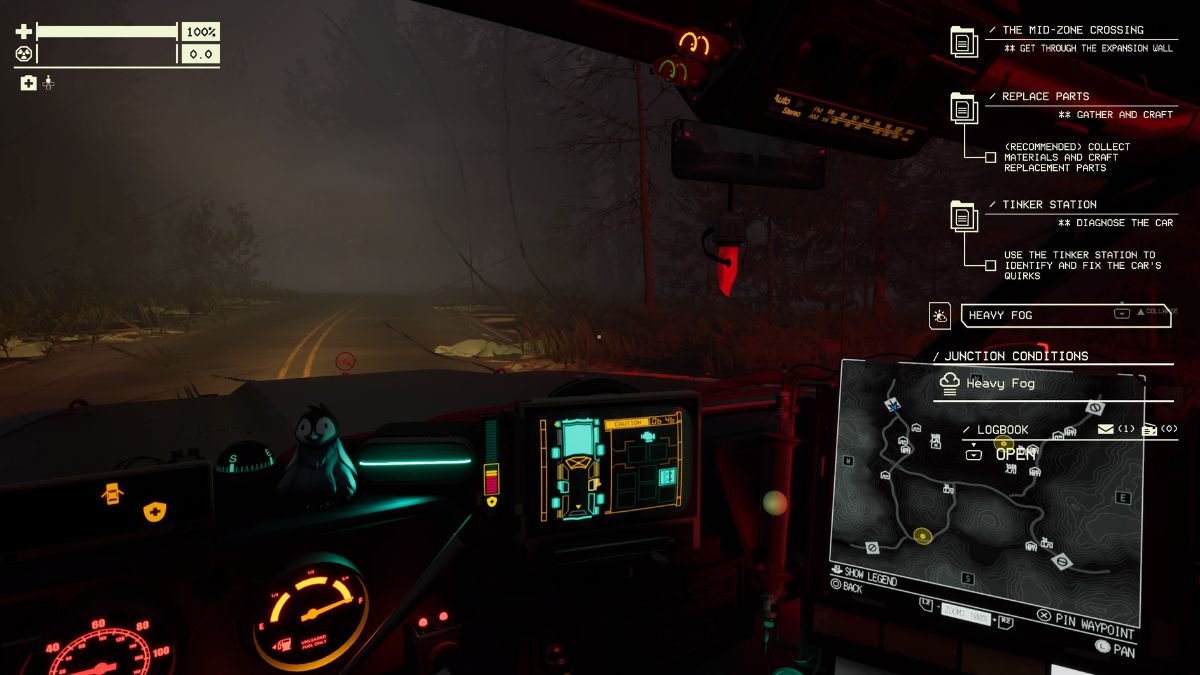
Once players grasp the gameplay loop in Pacific Drive, they won’t want to put it down. The game is packed with action, pocketed with thoughtful silence, and, most important of all, gives players space to breathe while always driving them forward to an objective. Momentum is literally the name of the game, and solid mechanics that are the only way for players to interact with it make for one of the most engaging experiences I’ve ever had.
My wife and I once took two weeks out of our lives to drive up to and around Scotland. We stayed at a small farm and said hello to Highland Cows before heading to Loch Ness and Glencoe. We explored Edinburgh with family friends and waited an hour for a tiny ferry to carry us 50 yards to a road because there was no other route. At one point, we spent a night in an old shepherd’s hut in the middle of a field with a wood-fired hot tub, and I watched the sunset set the world on golden fire as I felt the fresh wheat sheafs blowing in the wind’s waves. I made my dad drive to a place called The Pineapple so we could meet him, and I’ve never seen a more bizarre building in my life.
We did the whole thing in a Mini Cooper that we’d just bought and had the roof down most of the journey. Just us, two holdall bags, and the winding roads of the highlands. I remember every single part of that journey, driving along Loch Ness for hours, watching a world of green pass by through the windows, and fearing I’d broken the car as I drove up to the shepherd’s hut on a dirt track in the middle of nowhere with no phone signal and the thought that the only thing that could help me get the car out was the nearby flock of sheep.
I had to get rid of that car as soon as we got back because we discovered during that trip that my wife was pregnant with our daughter, and a soft top isn’t super practical, especially with no boot space. I miss that car to this day, five years later, because it gave me one of the best experiences I’ve ever had.
That’s what playing Pacific Drive feels like.
- Solid driving mechanics.
- Meaningful gameplay loop that encourages you to play just one more journey.
- A wonderful world that becomes engrossing the more it unravels before your eyes.
- Early game grind can kill enjoyment.
- Learning to enjoy the world requires players to do a lot of reading when they just want to drive.
- There’s a lot of pretty stuff to look at that takes away from driving. I like the driving more.<br>

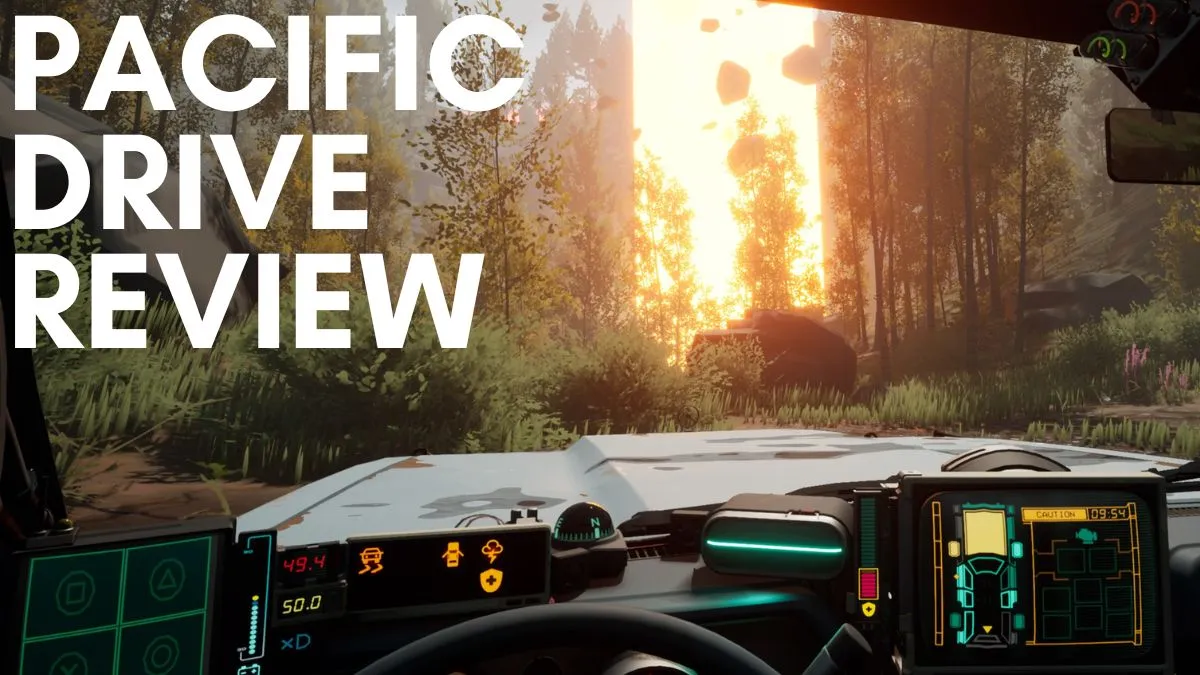
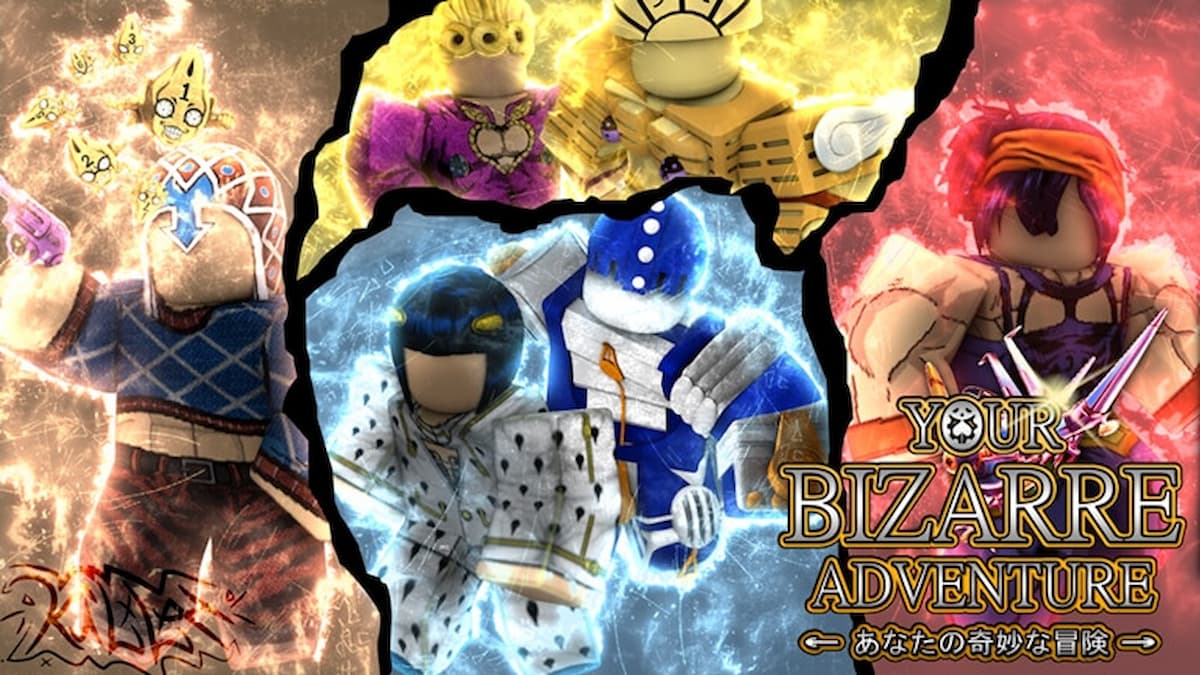
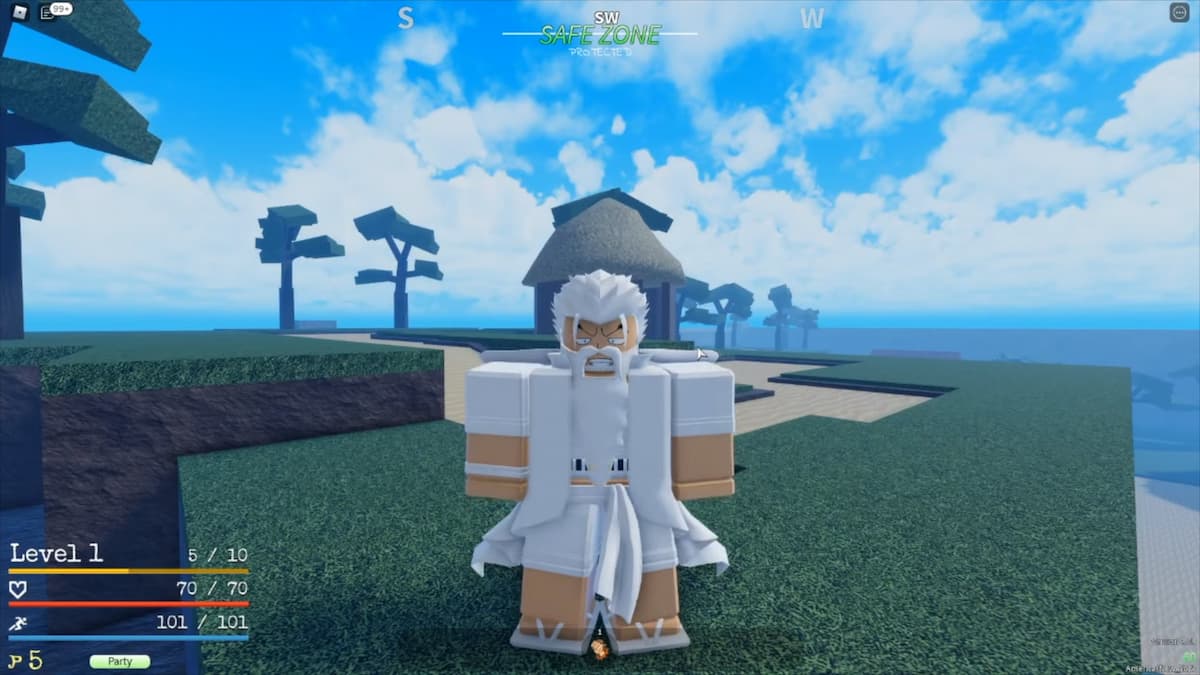
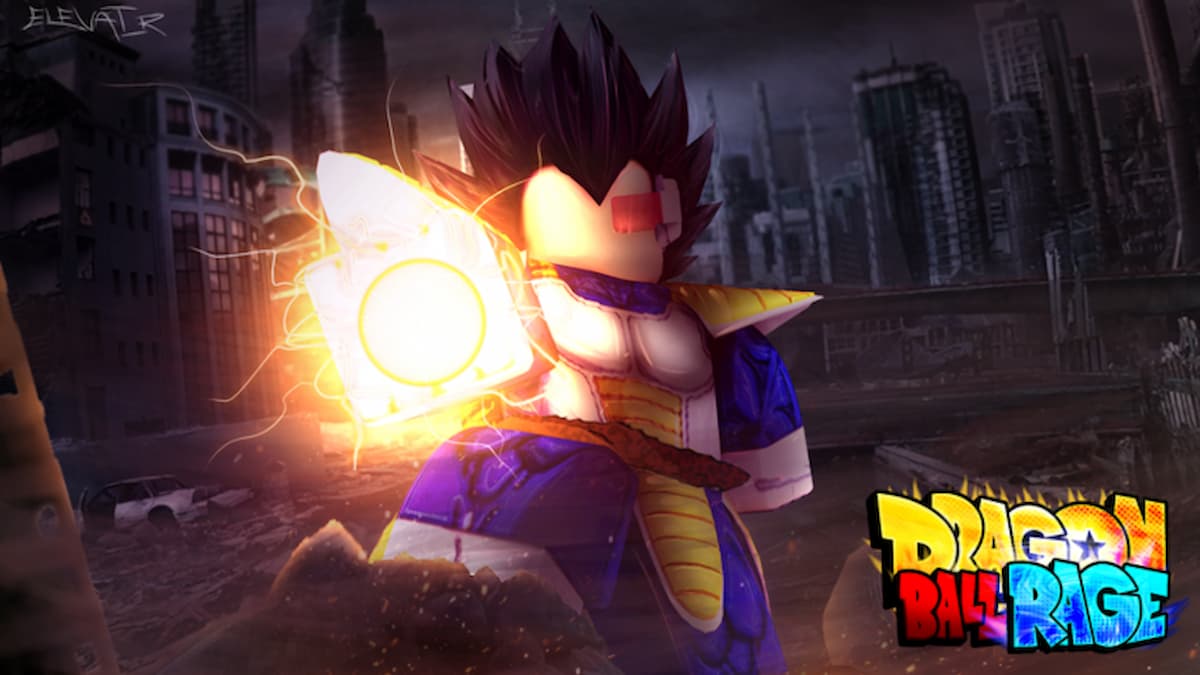
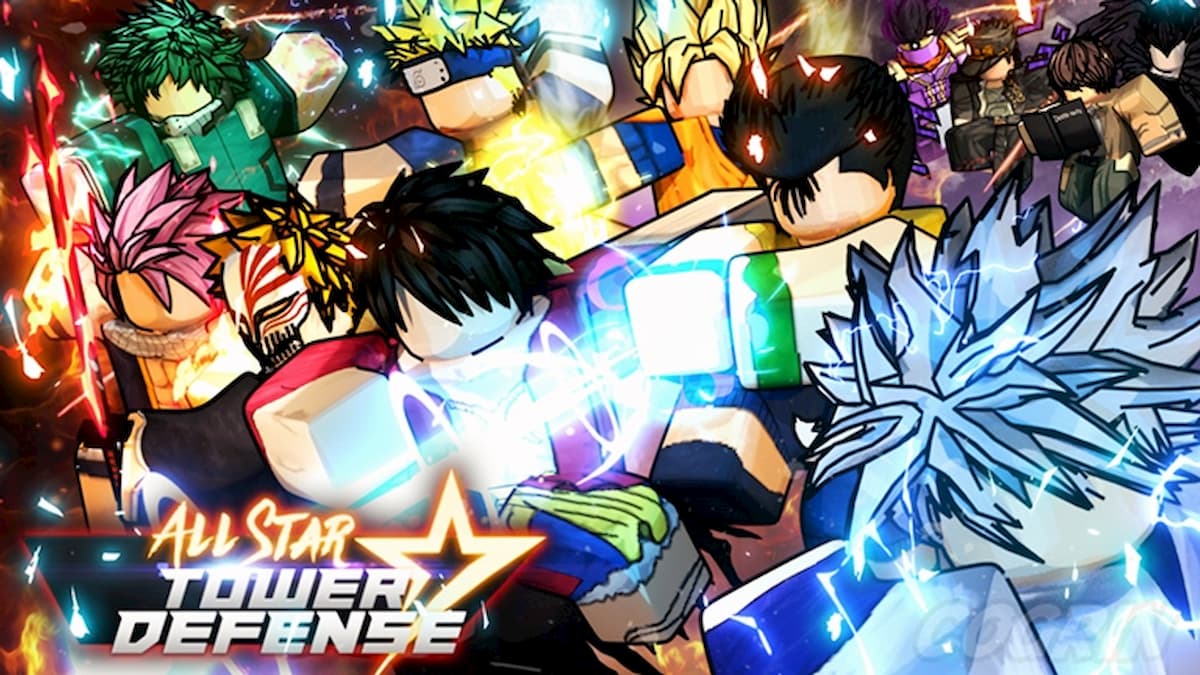

Published: Mar 1, 2024 11:44 am